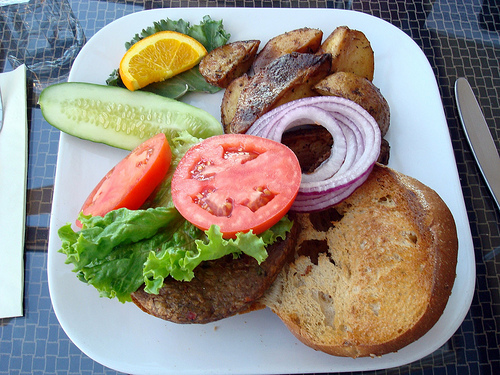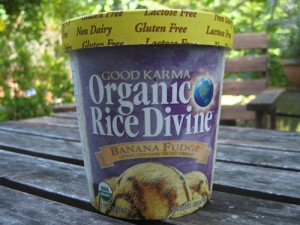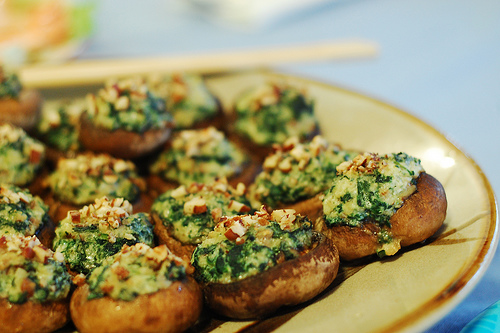
I was visiting with my grandmother last week. She is really into baking, so I was sharing with her how, along with some friends, I made a giant sugar-laden meringue cake. The conversation took a turn towards Salmonella with all of the recent food scares, and we got to discussing how she used to get raw milk from her neighbors cows pasteurize it…then give obscene quantities of it to my dad as a child…and how she pasteurized eggs before making things that involved raw eggs.
Well, I didn’t know you could pasteurize eggs. I always thought that they would start scrambling if you tried; however, eggs can be pasteurized and still maintain their eggy consistency, meaning they can be used to make meringues, raw cookie dough, mayonnaise and hollandaise sauce, and eggnog safely.
Bacteria
Bacteria thrive between 40°F and 140°F. At about 140°F, bacteria like Salmonella begin to die, so in order to pasteurize eggs, the entire egg must reach a temperature of at least 140°F and this must be sustained for a few minutes to kill the bacteria.
The problem is that eggs begin to coagulate at just above 140°F, so strict temperature control is needed.
Important Note
You can buy pasteurized eggs in the shell (or in cartons) from the store, but they are expensive. Apparently, this pasteurization process is patented and “it is not possible to pasteurize shell eggs at home without cooking the contents of the egg.” This is according the the FDA.
I’m gonna go ahead and speak for my grandmother and call BS on this, and chalk it up to a way for companies to use fear of Salmonella to bilk people out of more money. This being said, use the home pasteurization process at your own risk. If you are pregnant or ill, definitely reconsider.
How to pasteurize eggs in the shell
Place the eggs in a pot of water on the stove and place an accurate (digital is best) thermometer in the water, but not touching the bottom or side of the pot (you’ll need a clip of some sort).
Bring the pot of water to 140°F.
Once this temperature is reached, it must be maintained above 140°F, but never above 145°F, for at least three and a half minutes. Large and jumbo-sized eggs may need longer.
Now you have pasteurized eggs!
You can also try some vegan egg substitutes for some recipes!
…
Source: Grandma and bakingbites.com
Photo: Flickr Creative Commons by Molly DG







